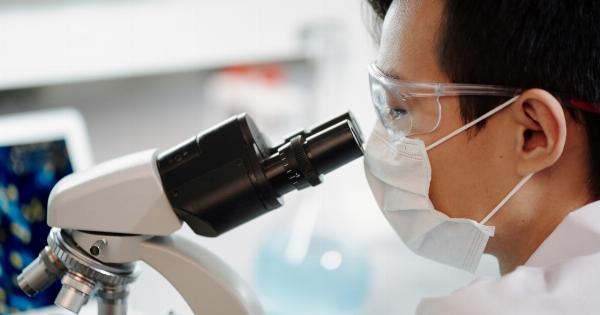Infectious diseases have plagued humanity since the dawn of time. From the Black Plague to modern-day pandemics like COVID-19, these diseases have the potential to wreak havoc on societies worldwide.
Fortunately, there are specialists who dedicate their expertise to understanding and combating these infectious diseases.
1. Epidemiologists
Epidemiologists play a vital role in studying infectious diseases within populations. They investigate how diseases spread, identify risk factors, and develop strategies for disease prevention and control.
Their work involves collecting and analyzing data, conducting research studies, and monitoring disease outbreaks.
Epidemiologists often collaborate with public health agencies, healthcare providers, and researchers to assess the impact of infectious diseases on society.
They help inform public health policies, design intervention measures, and promote education and awareness campaigns to prevent the spread of pandemics.
2. Virologists
Virologists are experts in the study of viruses. They focus specifically on how viruses cause diseases and develop strategies to prevent and treat them.
Virologists study the structure, replication, and evolution of viruses to gain insights into their behavior and develop effective antiviral therapies and vaccines.
During pandemics, virologists play a critical role in identifying and characterizing new viral pathogens. They help determine the mode of transmission, assess the severity of the disease, and develop diagnostic tests to identify infected individuals.
Their research also contributes to the development of vaccines and antiviral medications.
3. Immunologists
Immunologists specialize in understanding the immune system’s response to infectious diseases. They study how our bodies defend against pathogens and develop immune responses to prevent reinfection.
Immunologists also investigate immunodeficiency disorders and autoimmune diseases, which can impact the body’s ability to fight off infections.
Immunologists play a crucial role in pandemic situations by studying the immune response to new pathogens. They investigate how these viruses interact with the immune system and explore potential strategies to enhance immune defense.
Their research contributes to the development of therapeutics, including novel vaccines and immunomodulatory drugs.
4. Infectious Disease Physicians
Infectious Disease Physicians specialize in diagnosing and treating patients with various infectious diseases. They possess a comprehensive understanding of different pathogens, their clinical manifestations, and the best treatment approaches.
These physicians often work closely with other healthcare professionals to provide optimal care to patients.
During pandemics, infectious disease physicians become frontline healthcare workers, leading the management of infected patients.
They are responsible for diagnosing and treating individuals affected by the disease, providing guidance to other healthcare providers, and participating in clinical trials to test new therapeutics.
Conclusion
When pandemics strike, these four qualified specialists play pivotal roles in combating the infectious diseases that threaten our society.
They work tirelessly to understand the diseases, prevent their spread, develop effective treatments, and educate the public. Their expertise and dedication are vital in protecting the health and well-being of individuals and communities around the world.





























